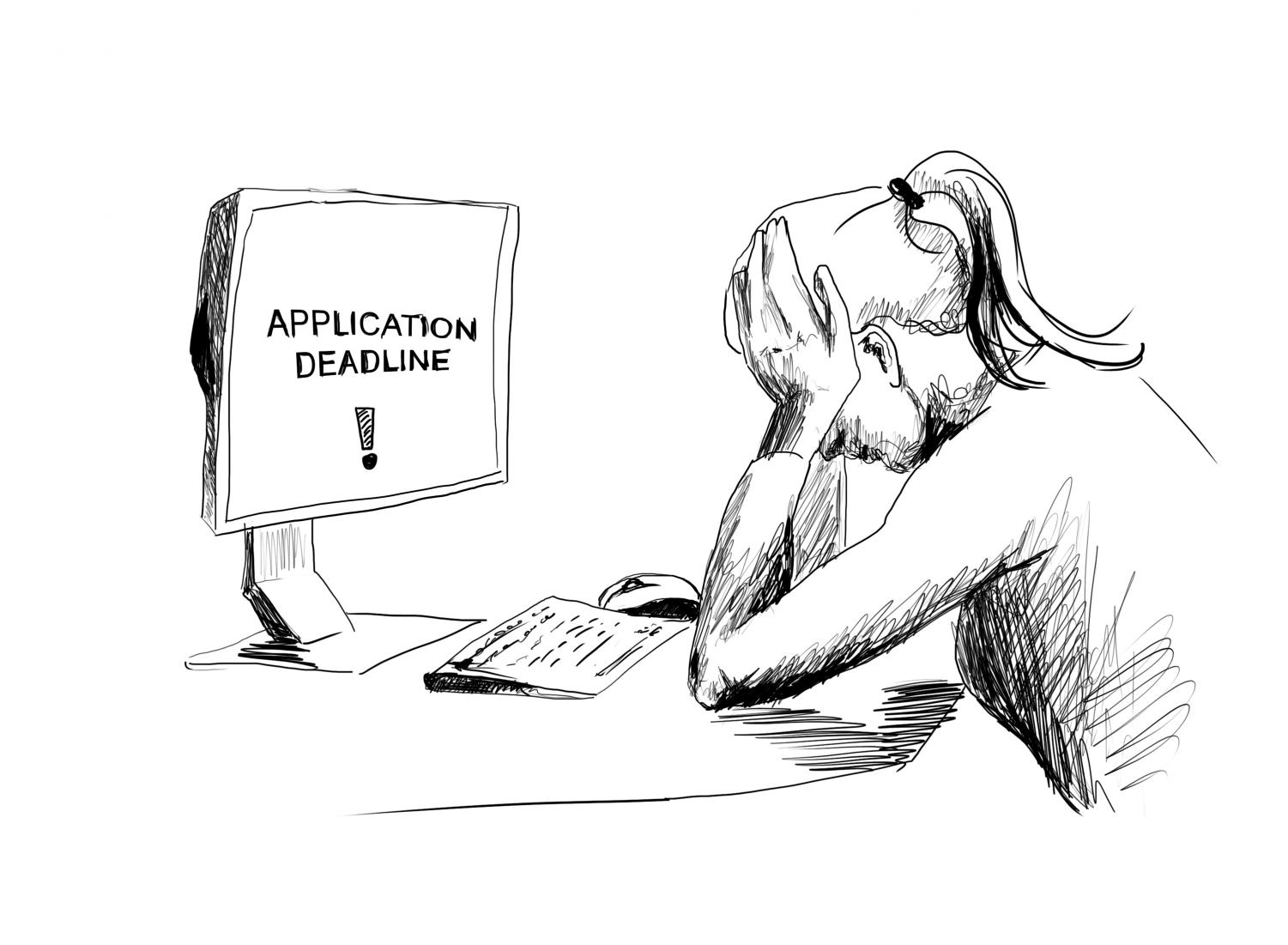California Wildfires: Whitman Extends Application Deadlines
December 4, 2018
This fall, wildfires have devastated the state of California: the Camp Fire in Paradise, the Hill Fire in San Luis Obispo County and the Woolsey Fire in Los Angeles and Ventura counties. These wildfires have displaced hundreds of thousands of people, and are being called California “mega-fires,” drastically more destructive to people and communities than most of the states wildfires.
The Camp Fire swept through the towns of Paradise, Magalia and Concow on the morning of Nov. 8, killing at least 88 people, with 25 still unaccounted for. This makes the Camp Fire the state’s deadliest wildfire in over a century. Students in these towns started school for the first time since Election Day on Monday, in improvised classrooms inside of churches and similar establishments.
In wake to the devastation that many Californian students face, Whitman has responded with a message to its prospective and applying high school seniors from the state. As of Monday, this offer was extended to victims of Alaska’s 7.0 earthquake near Anchorage this weekend.
“Whitman College is offering deadline extensions and fee waivers to all high school seniors who have been impacted by the recent wildfires in California and the earthquake in Alaska,” the announcement reads.
Whitman students often hail from the golden state of California. According to the Fall 2017 Class Profile available on the college website, 20 percent of domestic students in the Class of 2021 are from California, making it the second largest group following Washington state. The class also has seven students enrolled from Alaska.

Whitman “is committed to supporting the academic journey of these students during this challenging time,” the statement says.
In an interview, Professor Don Snow of the Environmental Studies department weighed in on the intensifying wildfires and potential causes.
“Fire scientists that I’m familiar with have said, ‘climate change doesn’t cause wildfires, we have always had wildfires, but the climate conditions that cause those fires are worsening them,'” Snow said.
Increasing aridity and drought conditions in the state, alongside decreasing snow pack, have all contributed to worsening conditions, which have primed the land for fires spreading across unexpected environments.
Snow said, “most of what burned in the recent California wildfires weren’t really forests in the sense that we usually know forests.”
As President Trump calls for more clear-cutting to be done to prevent magnified fires via Twitter, Snow differentiates general forest fires from wildfires, which can be fueled off of non-typical materials and fiercely spread across environments like grasslands.
In contradiction to Trump’s plan to clear-cut more trees, Snow discussed the impacts of deforestation in the general warming of the atmosphere.
“Forests serve as massive carbon sinks, and when they burn down, all of that carbon is then released into the atmosphere,” Snow said.
According to the United States Forest Service, 10 to 20 percent of U.S. emissions each year are offset by our forests.
Climate change has been identified as a foe in media coverage of the wildfires, as many news point to the burning of fossil fuels as the main component that needs to be reduced to alleviate the hotter temperatures, but Snow believes otherwise.
“There is a tendency to think that if all we did was move away from the burning of fossil fuels, we would solve the problem of climate change, but it is more complicated than that,” he said.
Snow discussed emissions beyond carbon dioxide that are being emitted in mass via industries like agriculture, as well as deforestation as mentioned above, and the melting of the permafrost layer as sub-problems under the umbrella of “climate change” that need to be addressed as well as fossil fuels emissions.
California and Alaska students looking to apply or who have already began applying to Whitman College this year are urged to email the Admission Office at admission@whitman.edu or call the staff at 509-527-5176 for assistance.





